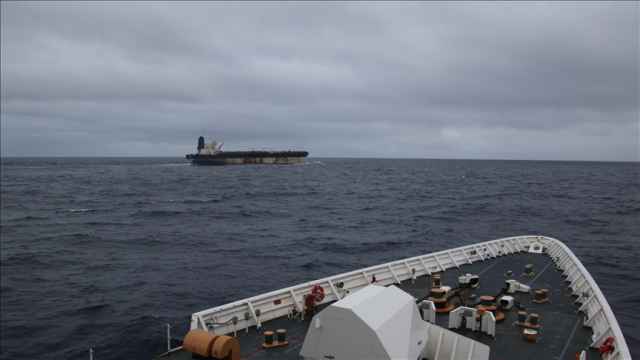Media regulator Roskomnadzor opened a special website that will contain a list web pages containing pirated content on Thursday, the day that a government law protecting copyright holders came into effect.
President Vladimir Putin signed the intellectual property law on July 2. It will allow the courts to block or delete web pages containing pirated content at the request of copyright holders.
Site owners will be required to remove the content and links to it within 72 hours, or the entire domain will be blocked pending a court hearing.
Access to the site can be restored if the copyright holder doesn't press charges within 15 days, or if the court finds that the content is legal.
Some of Russia's largest content owners, including Rutube, Rostelecom and MTS, have already agreed to cooperate with the new law, Interfax reported Thursday.
The law has been heavily criticized by internet users and on Sunday a protest involving more than 150 people took place near the Ulitsa 1905 Goda metro station.
Internet companies think the law will create unfair competition and could allow competitors to use underhanded techniques to close rival sites.
If somebody "is interested in closing site 'N,' he can whistle a melody into a dictaphone — then he himself owns the rights to the recording. He can then put the recording on site 'N,' and with a screenshot that shows his recording, he can take the website to court," search engine Yandex said in a statement.
"In this way, the law allows for the quick and cheap closure of sites. Or it means that uploads need to be constantly moderated, which is technically impossible," the company said.
Rights holders hold a different view. "The IT industry doesn't stand to lose anything, and will eventually only gain [from the law]. I'm Sure of it 1,000 percent," said Konstantin Ernst, the general director of Channel One state television.
Eliminating privacy will increase the value of legal online video portals to $500 million overnight, according to Oleg Tumanov, the CEO Internet Cinema ivi.ru.
Internet piracy costs copyright holders in Russia $1.5 billion to $2 billion each year, he said.
A Message from The Moscow Times:
Dear readers,
We are facing unprecedented challenges. Russia's Prosecutor General's Office has designated The Moscow Times as an "undesirable" organization, criminalizing our work and putting our staff at risk of prosecution. This follows our earlier unjust labeling as a "foreign agent."
These actions are direct attempts to silence independent journalism in Russia. The authorities claim our work "discredits the decisions of the Russian leadership." We see things differently: we strive to provide accurate, unbiased reporting on Russia.
We, the journalists of The Moscow Times, refuse to be silenced. But to continue our work, we need your help.
Your support, no matter how small, makes a world of difference. If you can, please support us monthly starting from just $2. It's quick to set up, and every contribution makes a significant impact.
By supporting The Moscow Times, you're defending open, independent journalism in the face of repression. Thank you for standing with us.
Remind me later.





